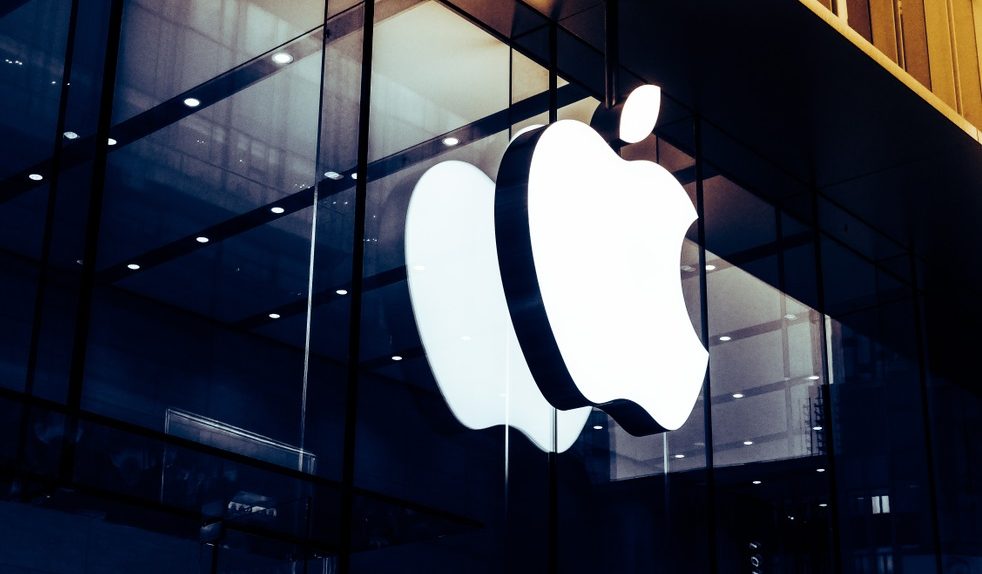As Apple continues to deal with patent trolls on all fronts, the company recently decided to take matters into its own hands. As confirmed via TechCrunch, Apple recently decided to close two of its stores located in the Eastern District of Texas, long a favored jurisdiction among patent trolls.
With the stores set to close on April 12, Apple will no longer have an established place of business in the area and, consequently, will potentially hinder patent trolls who prefer to file suits in the district because judges and juries there tend to be overwhelmingly sympathetic to plaintiffs. Interestingly enough, a study a few years ago found that a whopping 40% of all patent lawsuits in the United States were filed in the Eastern District of Texas.
Though Apple didn’t officially comment on the reason behind the store closings, it did offer up the following statement to TechCrunch.
We’re making a major investment in our stores in Texas, including significant upgrades to NorthPark Center, Southlake and Knox Street. With a new Dallas store coming to the Dallas Galleria this April, we’ve made the decision to consolidate stores and close Apple Stonebriar and Apple Willow Bend. All employees from those stores will be offered positions at the new Dallas store or other Apple locations.
With Apple sitting on billions upon billions of dollars in cash, it’s no surprise that the Cupertino-based company has long been a favored target for patent trolls. As an illustrative point, Apple over the past few years has been hit with hundreds of lawsuits from patent trolls looking to make a quick and easy buck.
It’s certainly easy to scoff at patent trolls, but the reality is that the repercussions for Apple are significant. Last year for example, Apple was ordered to pay $440 million to a company called VirnetX over patents pertaining to FaceTime and iMessage technologies.
A few years ago, Apple CEO Tim Cook alluded to the growing problem of patent trolls and said that the patent system needs to be reworked.
“The U.S. court system is currently structured in such a way that it’s currently difficult to get the protections a technology company needs, because the cycle is very long,” Cook said. “For us, our intellectual property is so important to our company. I would love to see the system strengthened to protect it.”








